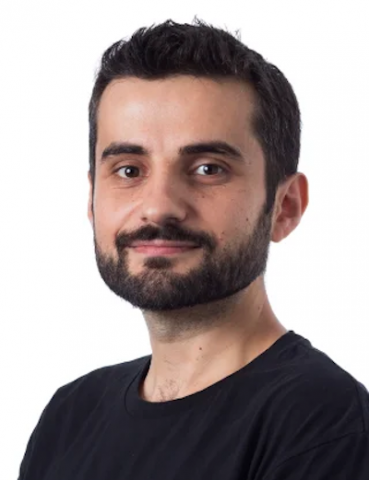As an effective method for solving complex optimization problems, heuristic search has been widely used in industry, including logistics, digital maps, cloud computing, as well as manufacturing, among others. Work on heuristic search has a long tradition in AI, and there has been much progress over the last few decades. Advanced techniques in heuristic search are highly relevant for a range of real-world applications. On the other hand, real-world industrial applications give rise to interesting data sets and problems in this areas, and can also reveal bottlenecks and limitations of existing methods. The goal of this workshop is to bring together experts on heuristic search from academia and industry, and to promote real-world applications of heuristic search.
Call For Papers
Daniel Harabor
Title: Practical Challenges in Multi-Agent Path Finding
Abstract: A variety of recent and emerging industrial applications ask us to compute collision-free paths for a team of cooperative agents. To tackle these problems effectively practitioners must grapple with challenging issues such as operational constraints, execution-time uncertainty and the inevitable quality / performance tradeoffs that arise when planning for hundreds and sometimes thousands of simultaneous agents. The good news is that Heuristic Search methods are extremely well positioned to tackle these challenges. In this talk I explore recent progress in this area using examples from a variety of domains, such as warehouse fulfillment, rail planning and 3D pipe routing.
Brief Introduction of Presentor: Daniel Harabor is a Senior Lecturer at Monash University, Australia, and is also a DECRA Research Fellow in the Faculty of Information Technology, Monash University, Australia. He is interested in sequential decision-making problems of the type that appear in the areas of AI Planning and Heuristic Search. Often these problems involve one or more agents moving through a task environment. His job in this case is to find a collision-free trajectory that brings each agent from an initial start location and to a desired target position. Such problems appear in many settings including Robotics, GPS Navigation and in Computer Games. In his research he aims to develop fast algorithms that are useful in practice but which also come with guarantees.
